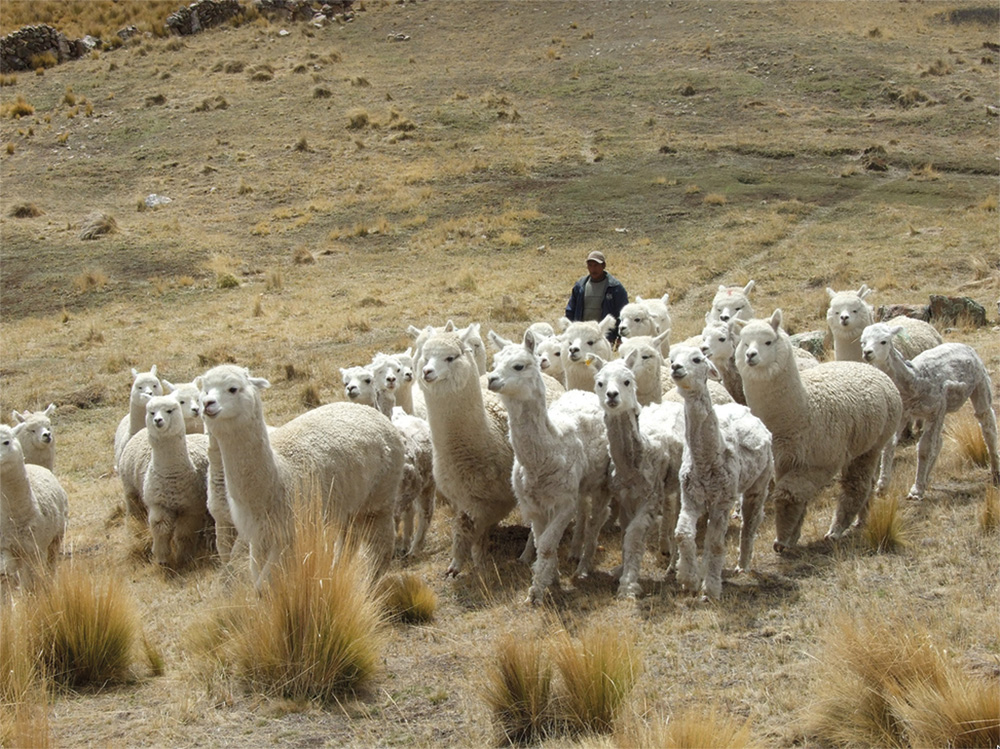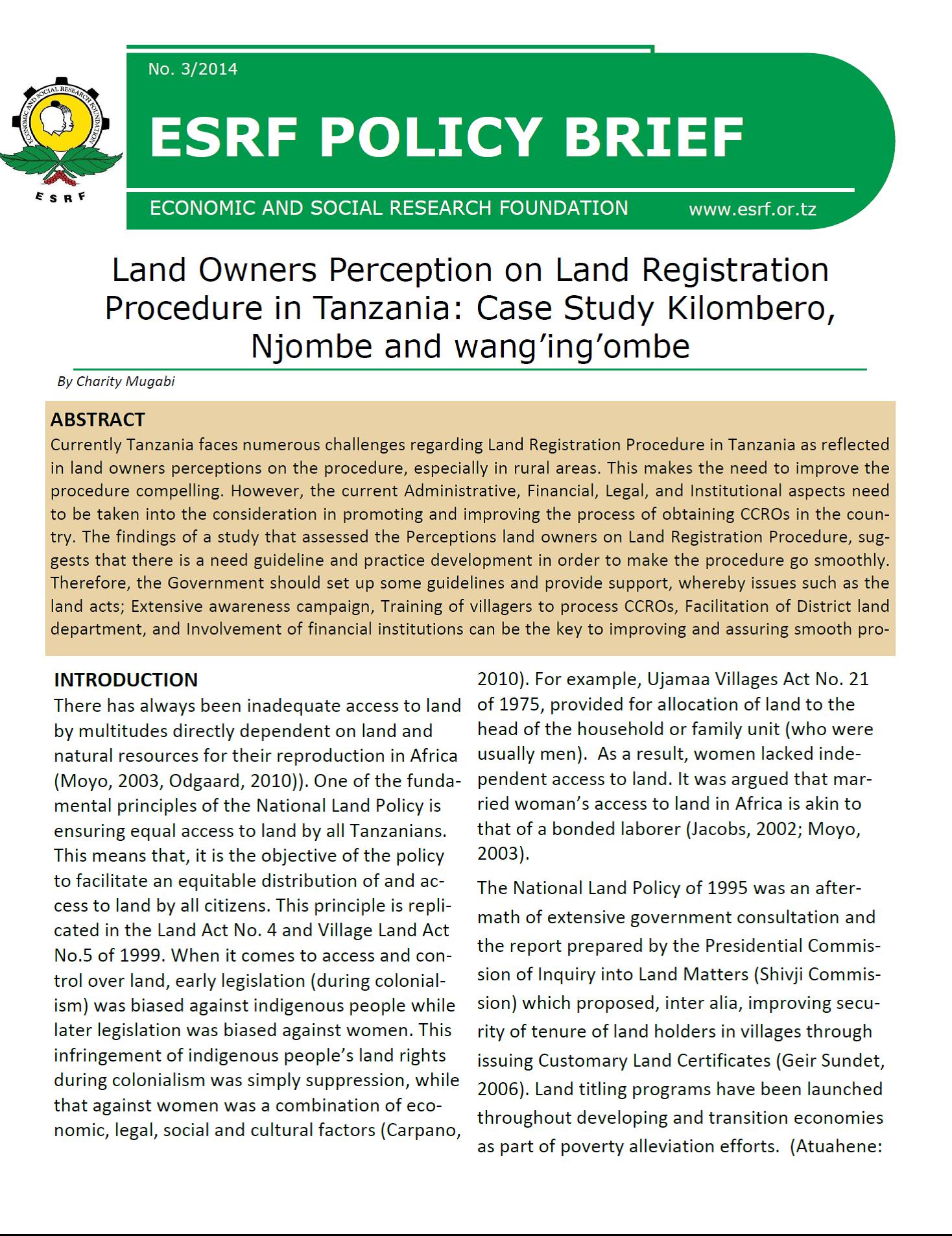Genealogies of the Political Forest and Customary Rights in Indonesia, Malaysia, and Thailand
ABSTRACTED FROM INTRODUCTION: How have national and state governments the world over come to “own” huge expanses of territory under the rubric of “national forest,” “national parks”, or “wastelands”? The two contradictory statements in the above epigraph illustrate that not all colonial administrators agreed that forests should be taken away from local people and “protected” by the state. The assumption of state authority over forests is based on a relatively recent convergence of historical circumstances.




